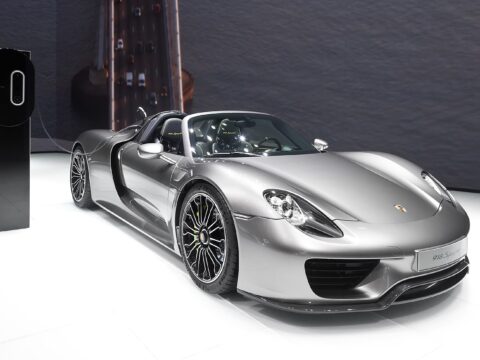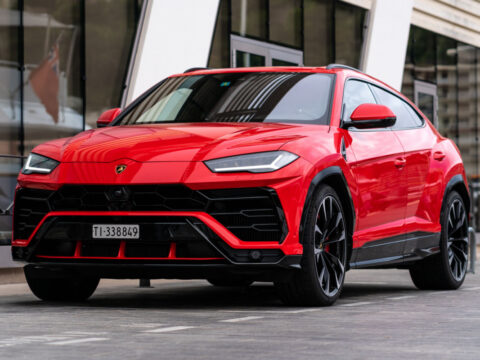Owning a hybrid vehicle is a great way to save on fuel costs and reduce your carbon footprint. However, to get the most out of your hybrid, it’s important to know a few key strategies. In this article, we’ll share the top 15 tips to maximize your hybrid’s fuel efficiency, helping you stretch every gallon and enjoy a smoother, more economical ride.
Contents
Drive Smoothly

Rapid acceleration and hard braking waste fuel because your engine has to work harder. By driving smoothly and anticipating stops, you maintain a consistent speed, which is more efficient. Hybrids are designed to optimize fuel use when driven gently, allowing the electric motor to handle more of the workload.
Use Eco Mode
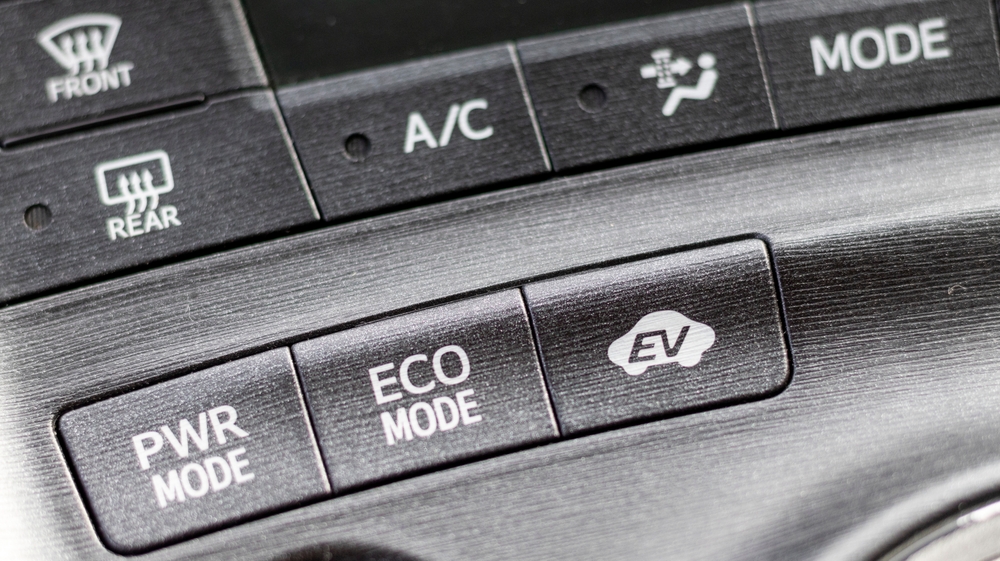
Many hybrids come with an Eco mode, which adjusts the engine and accelerator settings to maximize fuel efficiency. This mode reduces throttle response and optimizes air conditioning and other systems to save energy, making it an easy way to improve your MPG without changing your driving habits.
Keep Tires Properly Inflated
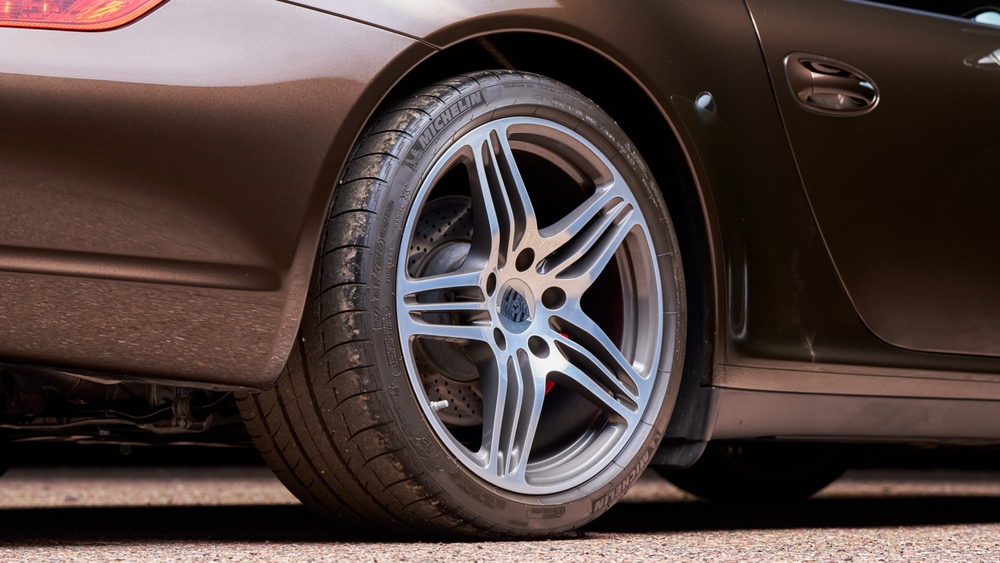
Underinflated tires increase rolling resistance, making your engine work harder and reducing fuel efficiency. Regularly check your tire pressure and keep it at the manufacturer-recommended level to ensure optimal performance and fuel economy.
Reduce Weight
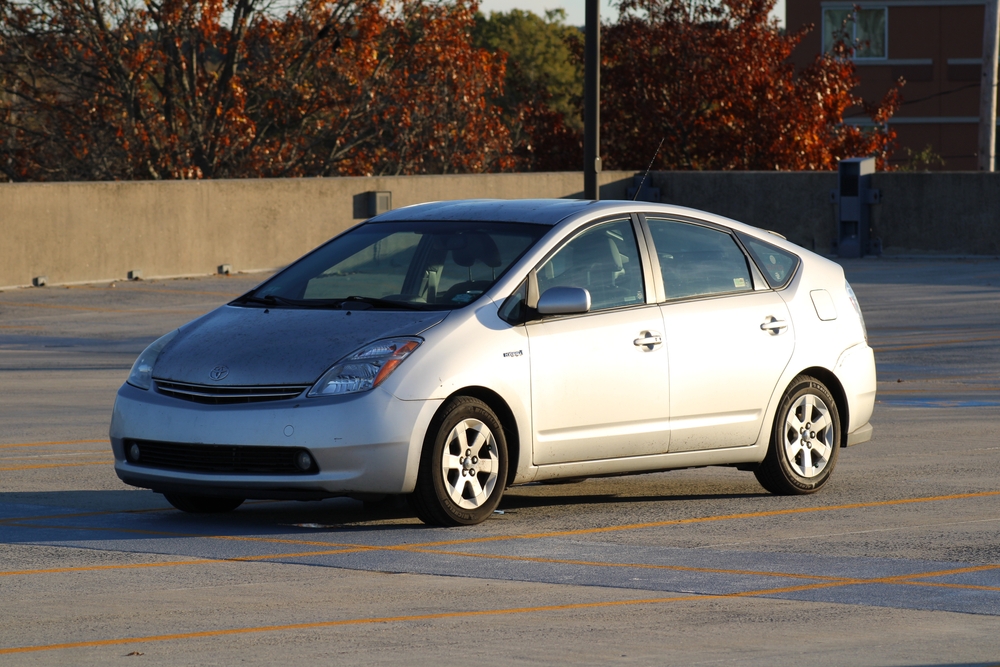
Extra weight in your car requires more energy to move. By removing unnecessary items from your vehicle, you can reduce the load on your engine and improve fuel efficiency. Every 100 pounds of additional weight can reduce your MPG by about 1%.
Minimize Idling

Idling consumes fuel without moving the car, which is wasteful. Modern hybrids often have a start-stop system that automatically turns off the engine when the car is stationary, but you can also turn off your engine manually if you anticipate being stopped for more than a minute.
Plan Efficient Routes
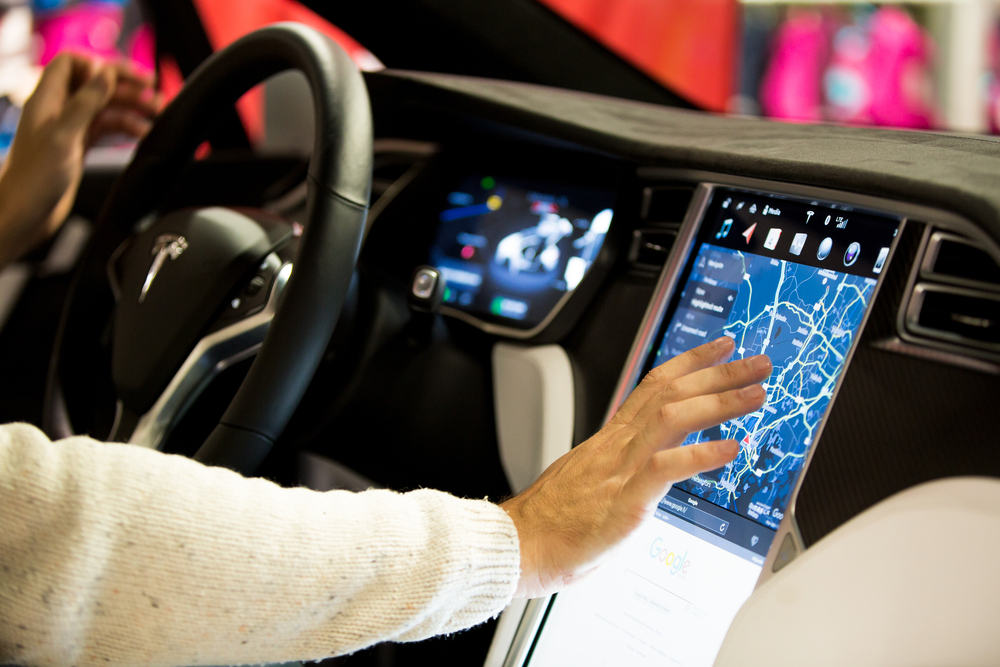
Combining errands into one trip and planning routes to avoid traffic can reduce the time and distance you drive, saving fuel. Using GPS apps to find the shortest or least congested routes can also help you avoid unnecessary fuel consumption.
Use Regenerative Braking
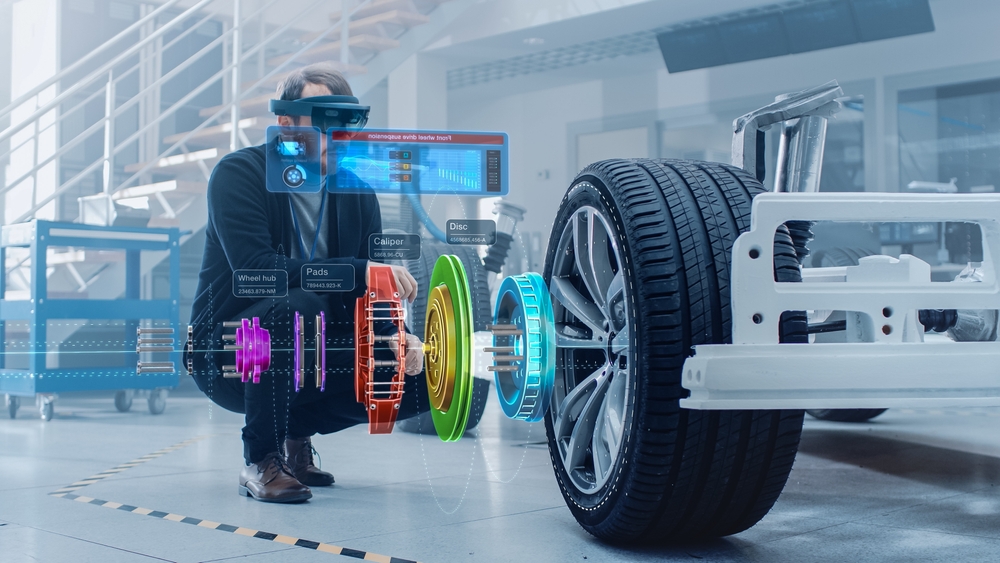
Hybrids are equipped with regenerative braking systems that convert kinetic energy into electrical energy to recharge the battery. By using regenerative braking, especially in stop-and-go traffic, you can extend the range of your electric motor and reduce reliance on the gasoline engine.
Maintain Your Vehicle
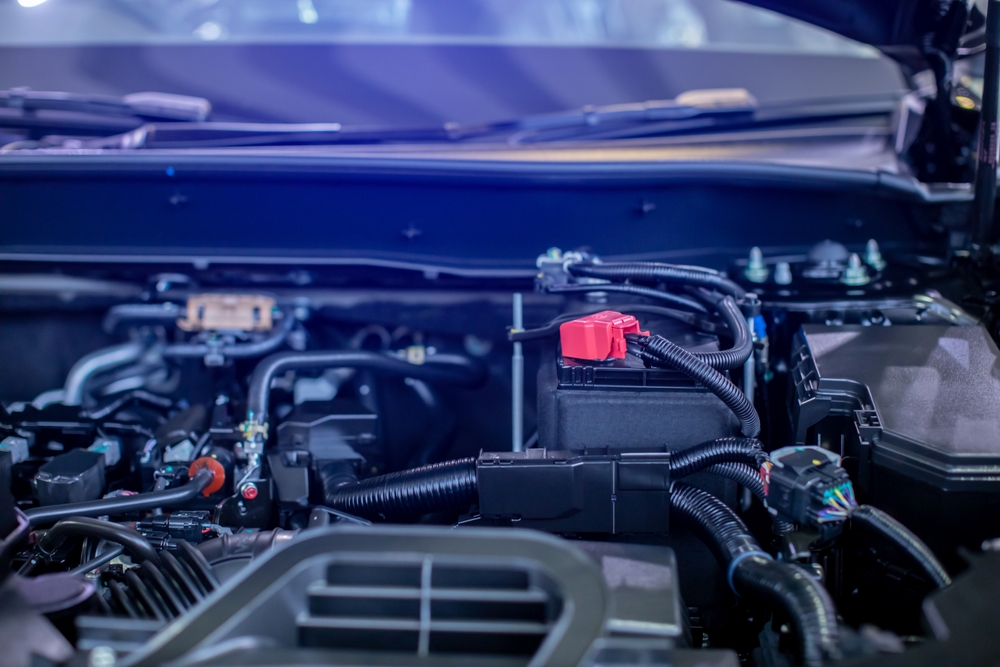
Regular maintenance, such as oil changes, air filter replacements, and tire rotations, ensures that your vehicle runs efficiently. A well-maintained engine and hybrid system operate more smoothly and use fuel more effectively.
Limit Use of Air Conditioning
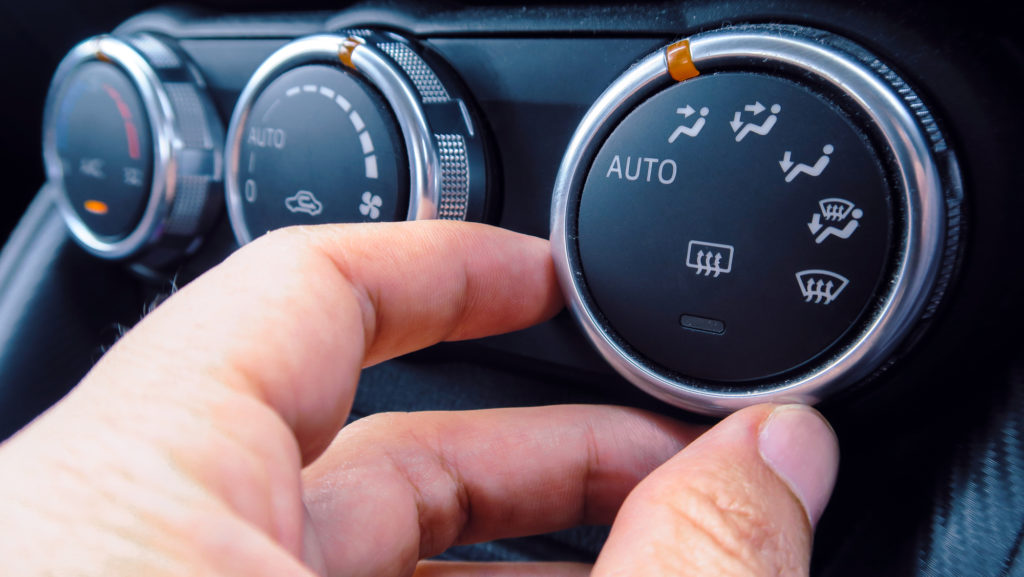
Air conditioning can significantly reduce fuel efficiency by putting an extra load on the engine. Use the AC sparingly, and opt for ventilation or open windows when driving at low speeds to save fuel.
Monitor Fuel Economy
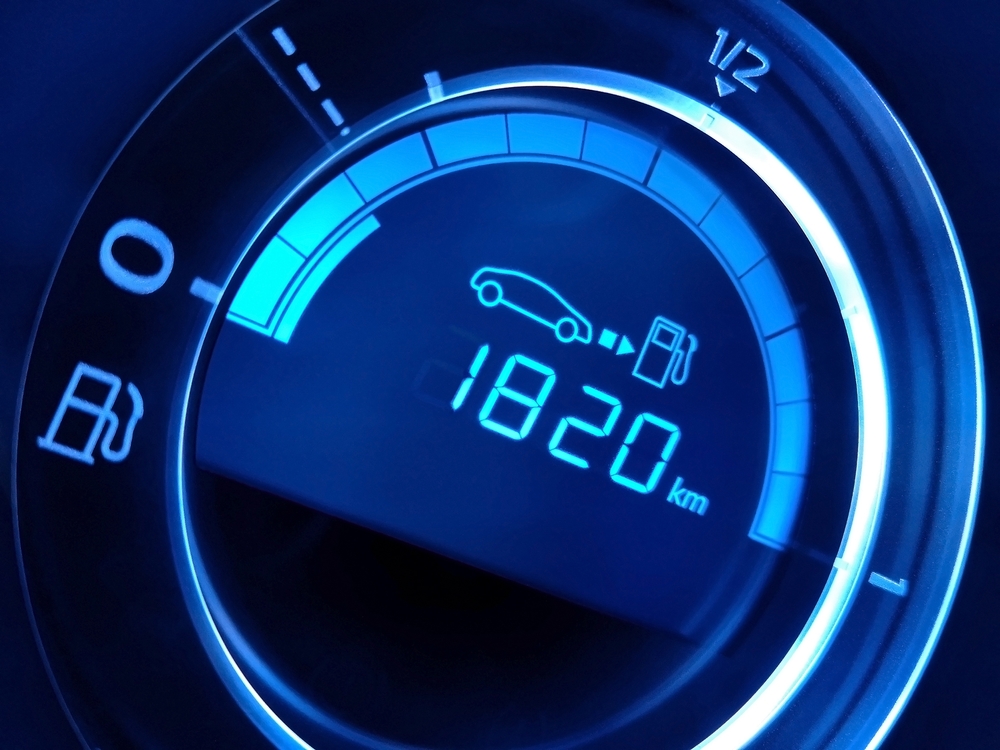
Keeping track of your fuel efficiency can help you identify patterns and make necessary adjustments to your driving habits. Many hybrids have onboard computers that provide real-time feedback on your MPG, helping you drive more efficiently.
Avoid High Speeds

Driving at high speeds increases aerodynamic drag and reduces fuel efficiency. Hybrids are most efficient at moderate speeds, so try to drive within the speed limit to maximize your fuel economy.
Use Cruise Control
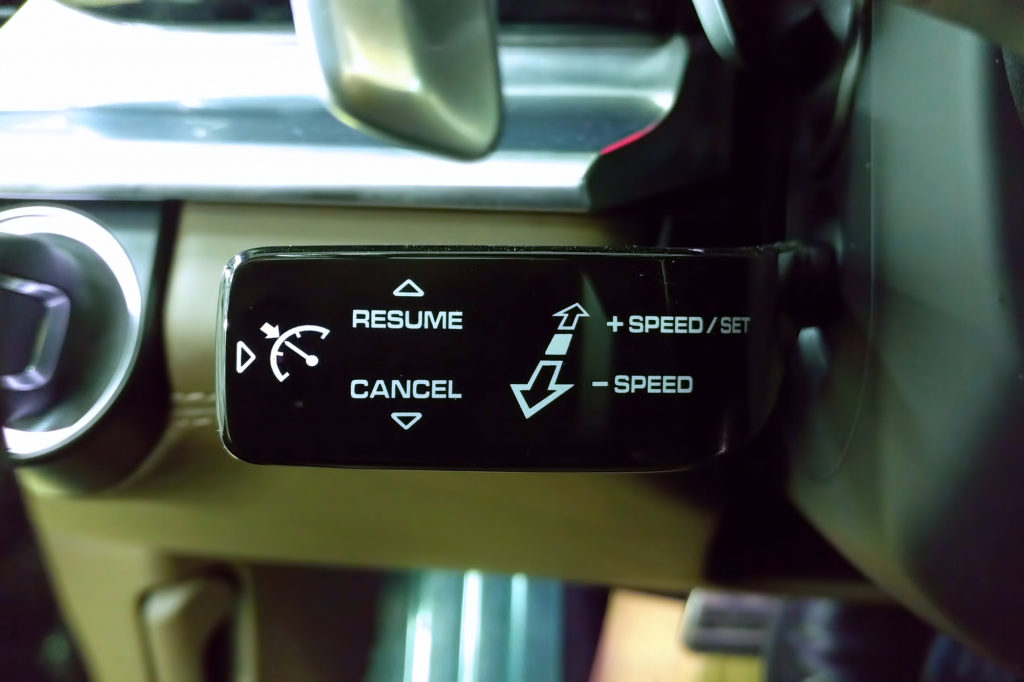
On highways, using cruise control can help maintain a steady speed, which is more efficient than the constant acceleration and deceleration of manual driving. This helps reduce fuel consumption and improve MPG.
Close Windows at High Speeds
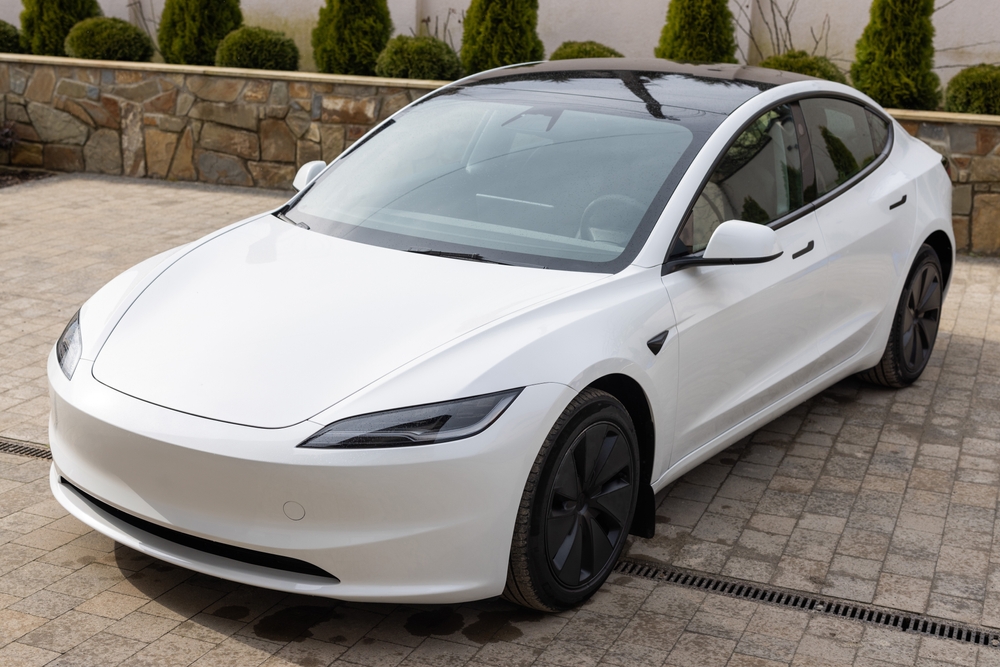
Open windows create aerodynamic drag, which can decrease fuel efficiency. At higher speeds, it’s more efficient to use the car’s ventilation system rather than driving with the windows down.
Use Electric Mode When Possible
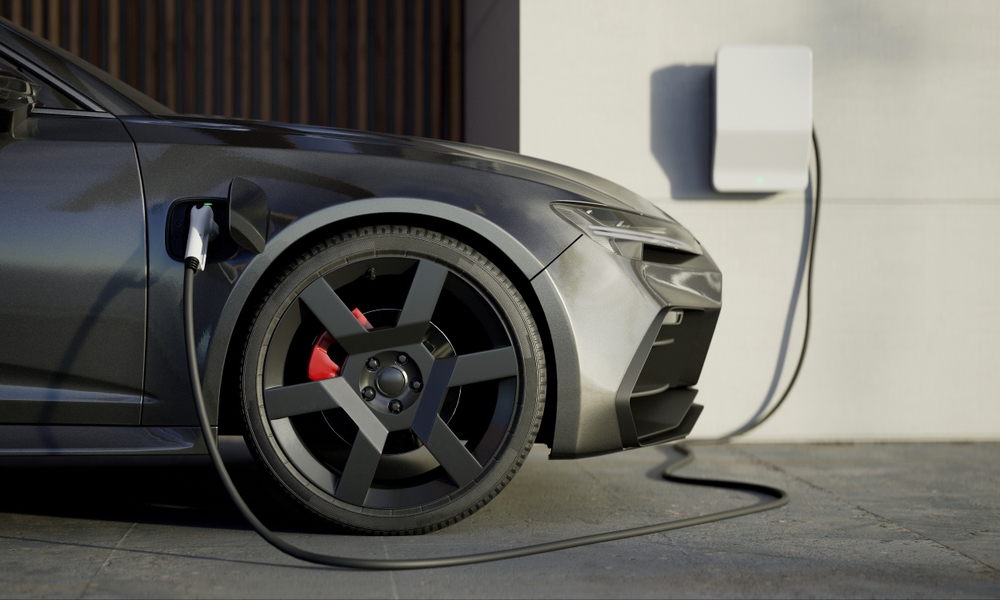
For short trips, especially in urban areas, use your hybrid’s electric-only mode. This mode reduces gasoline consumption and emissions, making your driving more eco-friendly and cost-effective.
Check Alignment
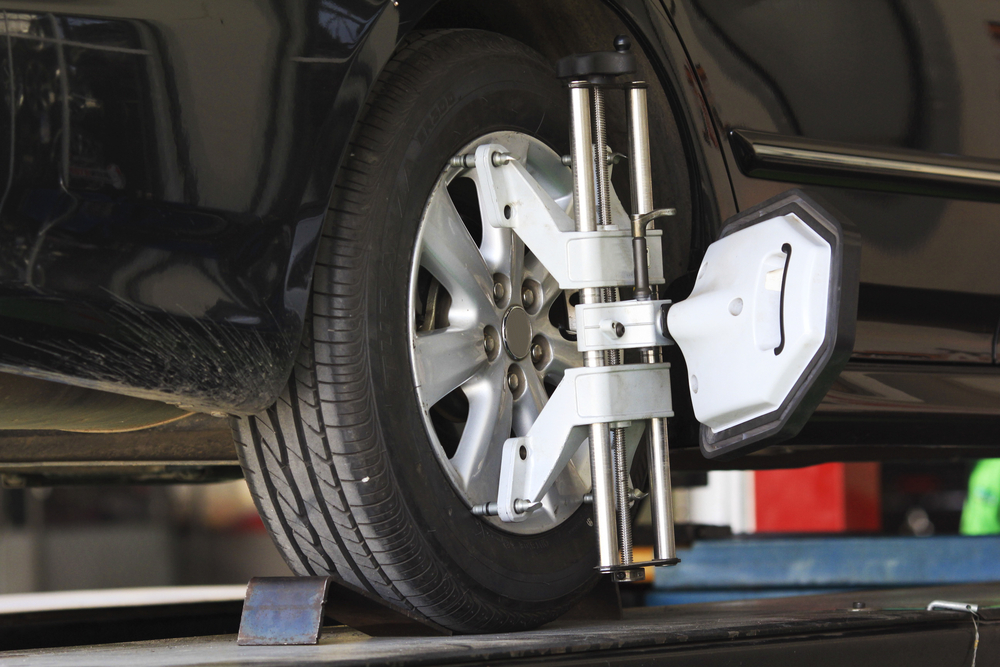
Proper wheel alignment ensures that your car rolls smoothly and efficiently. Misaligned wheels create drag, which reduces fuel efficiency and causes uneven tire wear.
This article originally appeared in MyCarMakesNoise.
More from MyCarMakesNoise
Top 20 Pickup Trucks for Comfortable Long-Distance Travel
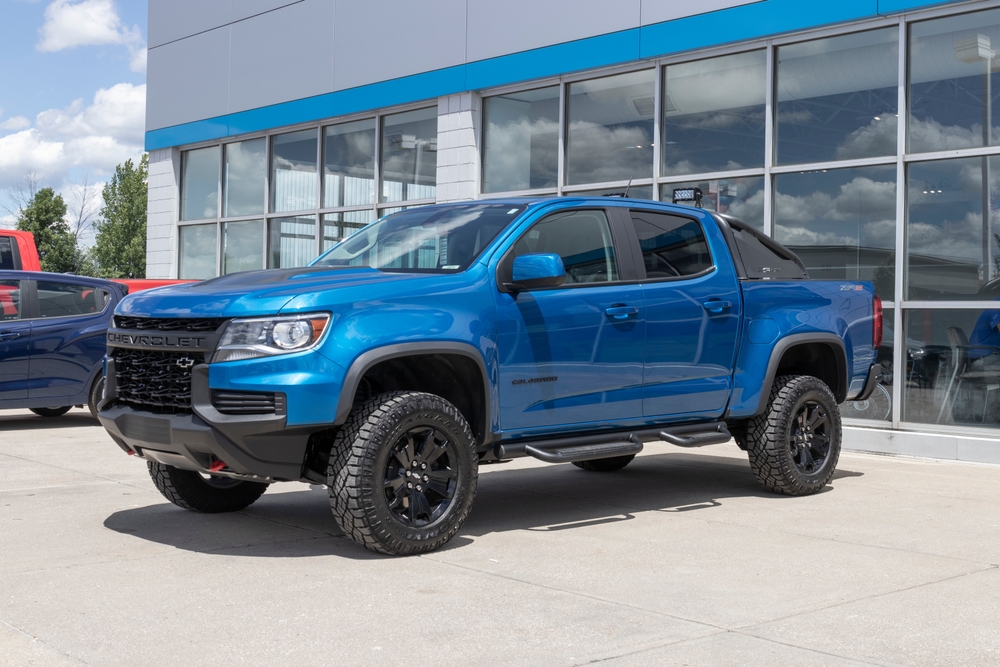
For adventure seekers and road warriors, the right vehicle can make all the difference. Pickup trucks are ideal for those looking to combine daily functionality with rugged, long-distance travel capabilities. Read More.
15 Iconic Cars Renowned for Their Timeless Beauty

From sleek sports cars to luxurious classics, the automotive world is filled with stunning designs that go beyond mere transportation. These masterpieces of aesthetic craftsmanship and engineering have captivated auto enthusiasts and continue to inspire them with their timeless allure. Read More.
16 Iconic American Car Designs That Shaped the Century

Across the broad sweep of automotive history, American car designs have consistently led the way, blending bold innovation with cutting-edge technology to make a lasting impact on global culture. Read More.


